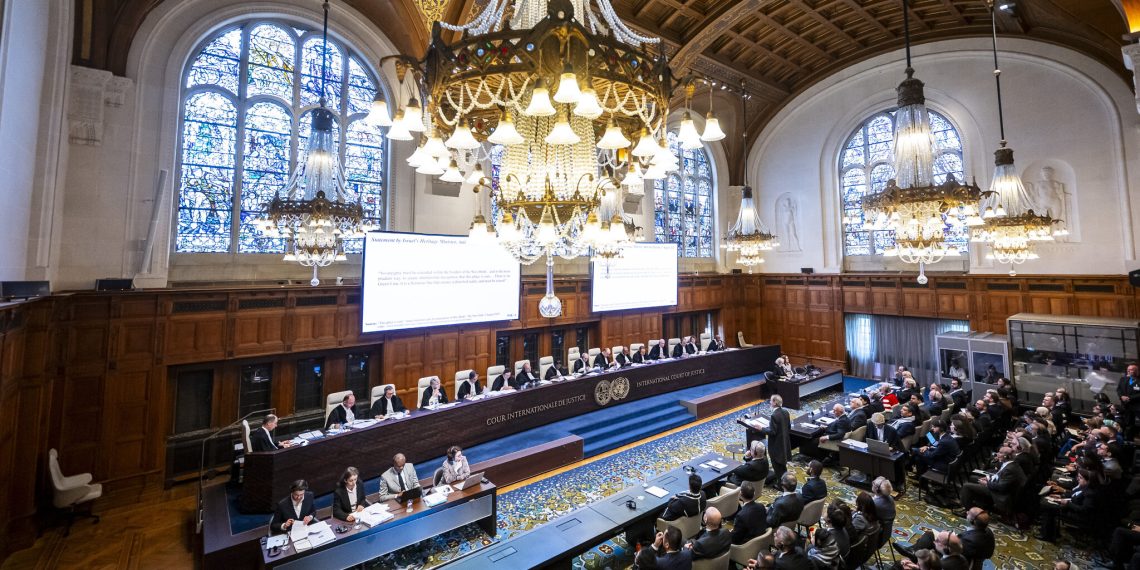The United States expressed its opposition on Wednesday to the World Court’s potential mandate for Israel to unconditionally withdraw its forces from the Palestinian territories as the court deliberates on the legality of the occupation.
The International Court of Justice (ICJ), also known as the World Court, was tasked by the U.N. General Assembly in 2022 to provide a non-binding opinion regarding the legal ramifications of the Israeli occupation. While the court wasn’t specifically asked to rule on the withdrawal of Israeli troops, numerous participating states have advocated for such action.
In response, Israel, not participating directly, cautioned against the court’s involvement, fearing potential hindrance to negotiated settlements. The U.S. echoed this sentiment, stressing Israel’s security concerns, especially following recent attacks on October 7.
Richard Visek, acting legal adviser at the U.S. State Department, highlighted the importance of considering Israel’s security needs and warned against neglecting them during the court’s hearings.
Over 50 states are slated to present arguments until February 26, with countries like Russia and France scheduled to speak later. Palestinian representatives urged the court on Monday to declare Israel’s occupation illegal, viewing the court’s opinion as pivotal for advancing a two-state solution.

Visek urged the judges to adhere to the established U.N. framework for a two-state solution and cautioned against imposing immediate and unconditional withdrawal obligations on Israel. The recent escalation of violence in Gaza following Hamas’ attacks has further complicated the situation, undermining peace efforts in the region.
The ICJ’s panel of 15 judges is tasked with reviewing Israel’s occupation, settlement, and annexation practices, including measures affecting Jerusalem’s status. The court’s decision, expected in about six months, will also evaluate the legal status of the occupation and its implications for states.
This legal dispute carries political implications and could intensify pressure on Israel regarding its actions in Gaza, heightening scrutiny over the ongoing conflict’s humanitarian toll and implications for peace efforts.





